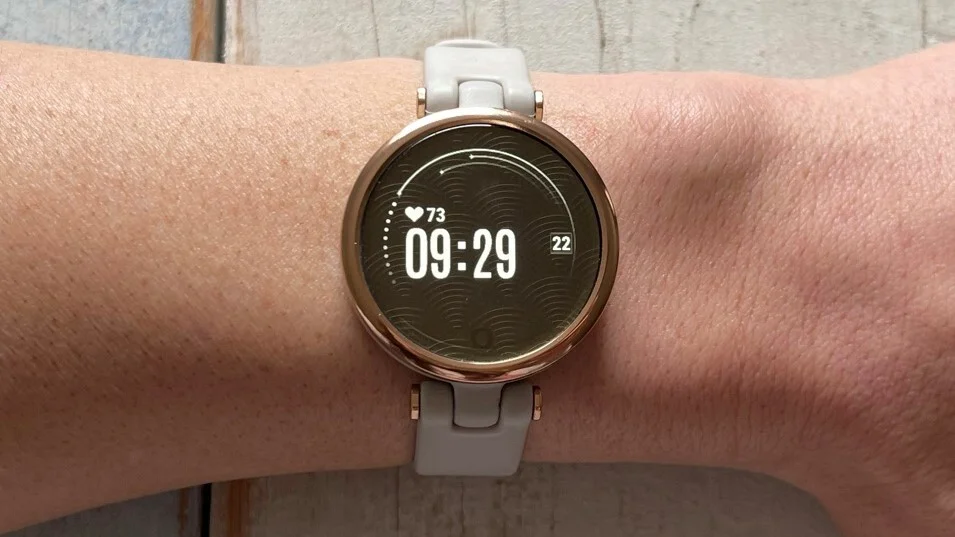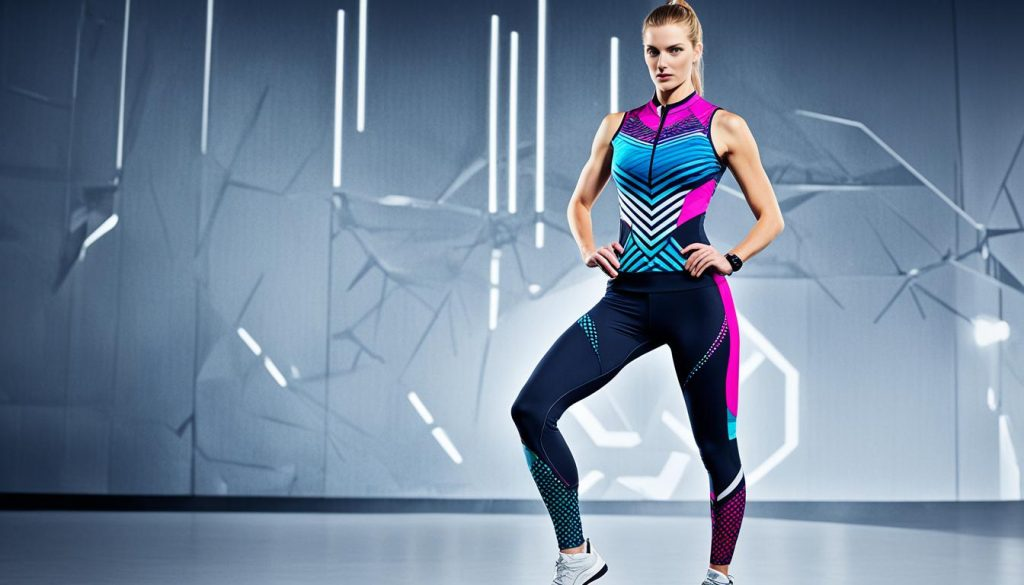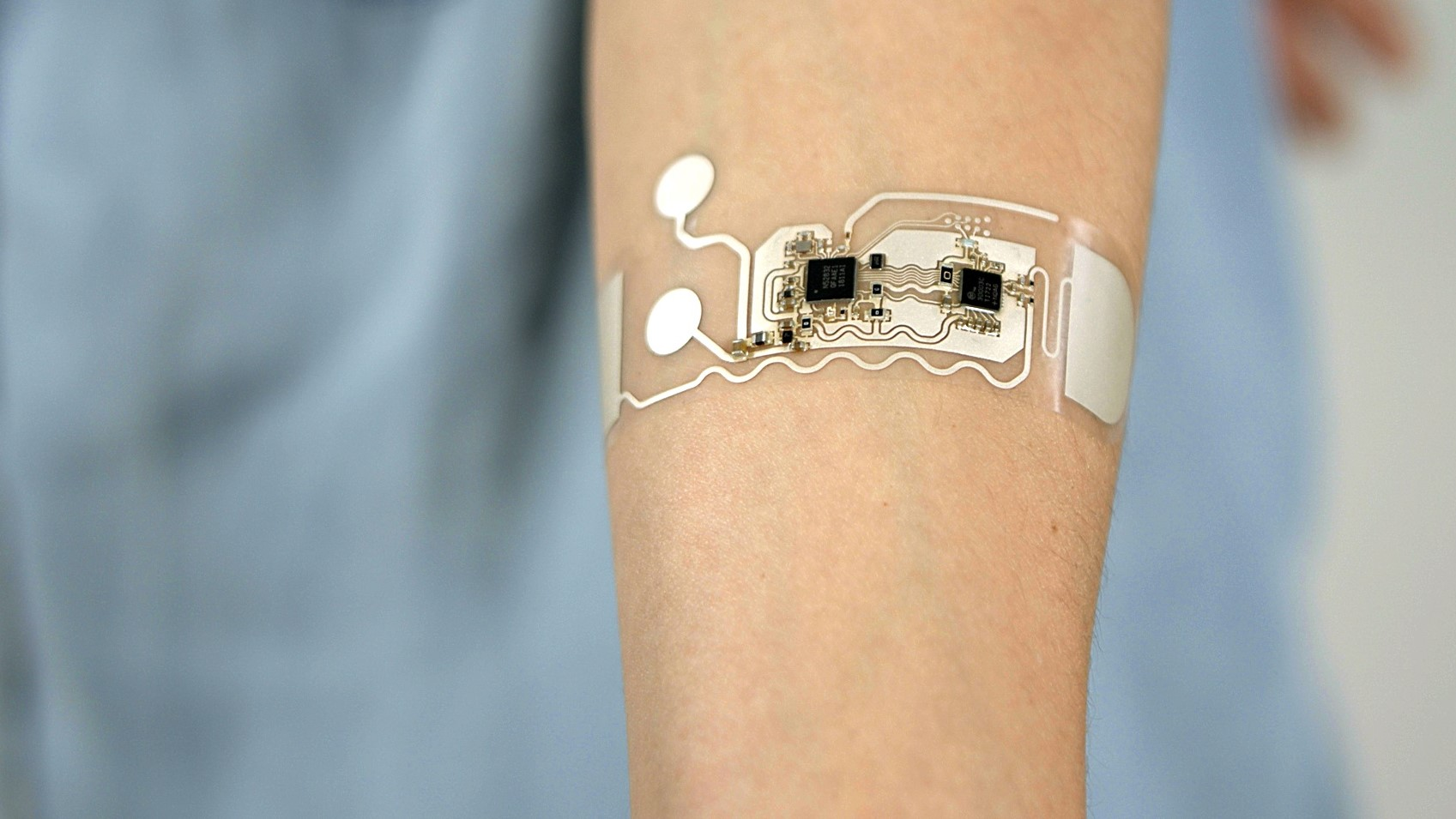amicitaacademy.com – Smartwatches have become more than just timekeepers; they’re personal assistants, health monitors, and even fitness coaches right on your wrist. Their advanced features make them incredibly appealing to sports enthusiasts, from runners to swimmers to fitness buffs. But how effective are they in actually improving sports performance? Let’s look at the benefits, limitations, and real impacts of smartwatches on sports activities.
Key Benefits of Smartwatches in Sports
- Real-Time Tracking & Data
Smartwatches have sensors that monitor heart rate, steps, calories burned, and even oxygen levels. Some models are capable of tracking specialized activities, such as cycling and swimming. This data gives athletes a clearer view of their performance and allows them to make quick adjustments to stay in their target zones for improved results. Real-time metrics are invaluable, especially in endurance sports, where keeping an optimal pace is critical. - GPS Tracking and Route Mapping
For runners, cyclists, and hikers, GPS is a crucial tool that smartwatches provide. They not only map out routes but also track distance and elevation changes. For competitive athletes or those training for events, this data helps measure performance against previous routes or set new records. - Motivation and Goal Setting
Setting daily goals and monitoring progress can be a powerful motivator. Many smartwatches offer customizable goals (like daily step counts, running distances, or calorie targets) and provide reminders to get up and move. This push can help athletes stay consistent with their routines and track how small, incremental improvements add up over time. - Enhanced Recovery and Health Monitoring
Advanced smartwatches track more than just activity—they monitor recovery. By tracking heart rate variability (HRV) and sleep quality, they can indicate when it’s time to rest rather than push further. The data on sleep, in particular, is crucial, as studies show that proper rest is a significant factor in athletic performance. - Integrated Workouts and Guided Coaching
Some models come with built-in workout programs, often from top fitness brands or trainers. These guided workouts help athletes diversify their routines without hiring a personal trainer. For sports like yoga or strength training, smartwatches provide real-time feedback on form or remind users to adjust breathing, helping to prevent injury and enhance technique. - Social Connectivity and Competitions
Many smartwatch apps have social or competitive features, allowing athletes to compare scores or stats with friends, share achievements on social media, or even engage in virtual races. This sense of community can help athletes push harder and enjoy sports more.
Limitations of Smartwatches for Sports
- Accuracy Concerns
While smartwatches have improved tremendously in tracking health metrics, they’re not perfect. Some smartwatches struggle with accuracy when tracking heart rate during high-intensity sports like boxing or swimming, where rapid movements make it difficult for sensors to stay in place. GPS tracking also may lack precision in dense urban areas or rugged terrain. - Battery Life Constraints
Frequent use of GPS, continuous health tracking, and screen brightness can quickly drain a smartwatch battery, making it difficult for athletes in long-duration sports (like ultra-marathons or multi-day hikes) to rely solely on these devices. Although some models offer extended battery modes, this often means limiting certain features. - Distraction Risk
For some athletes, notifications, or checking metrics too often can interrupt focus and cause distraction, especially in competitive environments. While many smartwatches have features to mute notifications, it’s easy for athletes to get sidetracked by their devices. - Cost and Accessibility
High-quality sports-focused smartwatches can be expensive, especially models with advanced metrics like heart rate variability and built-in coaching. For some athletes, a combination of simpler gadgets like a regular heart rate monitor and a dedicated GPS tracker may be more affordable and practical.
The Verdict: Do Smartwatches Enhance Sports Performance?
Overall, smartwatches can significantly aid athletes and sports enthusiasts by providing real-time insights, data tracking, and even personalized coaching. Their ability to deliver instant feedback helps in fine-tuning performance, improving endurance, and setting realistic, data-driven goals. However, athletes should balance smartwatch data with personal intuition and awareness to avoid over-reliance on technology.
While smartwatches won’t turn anyone into an elite athlete overnight, they provide tools that make it easier to optimize training and performance, track improvements, and ultimately enjoy sports activities more. For those passionate about sports and fitness, the investment in a quality smartwatch can be well worth it.






